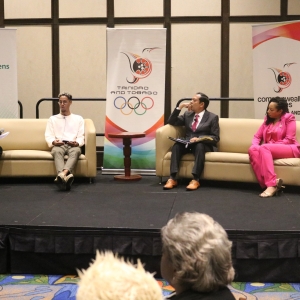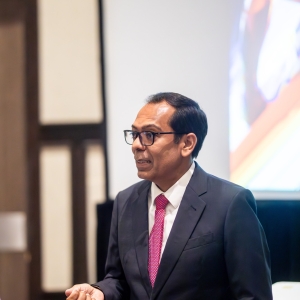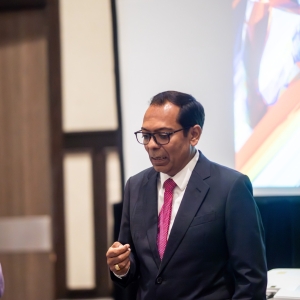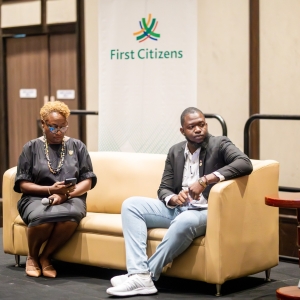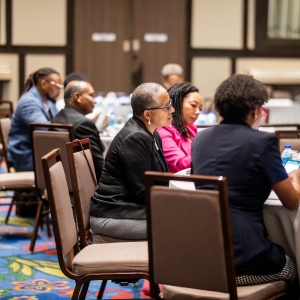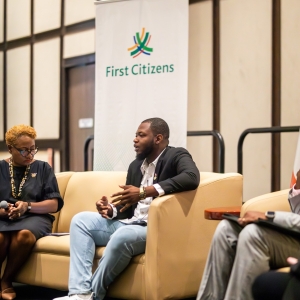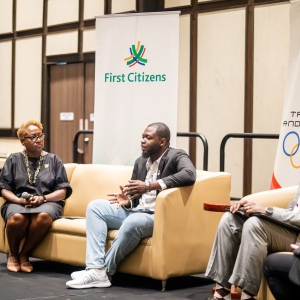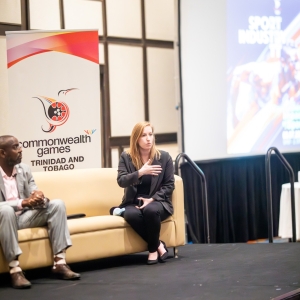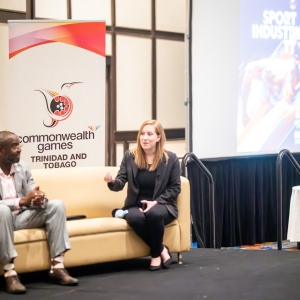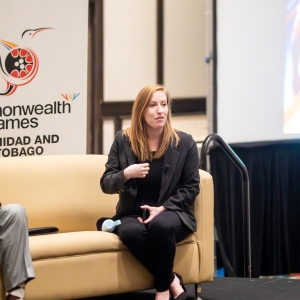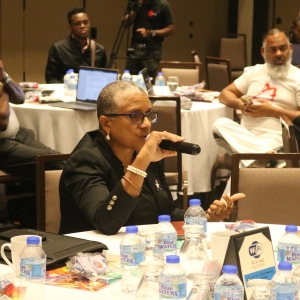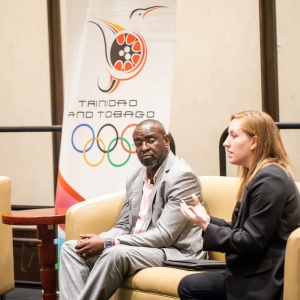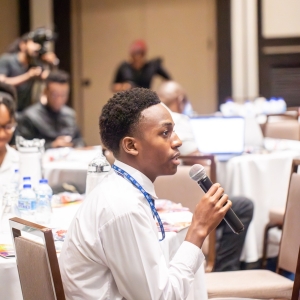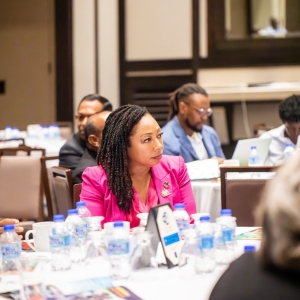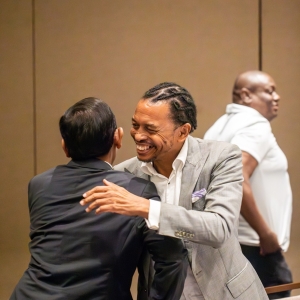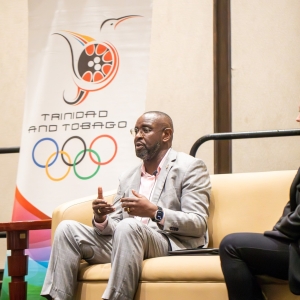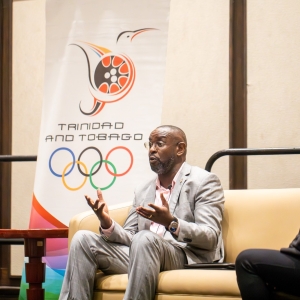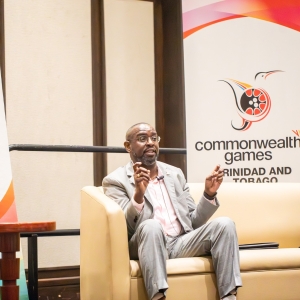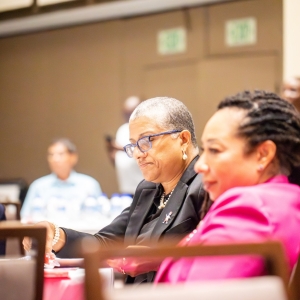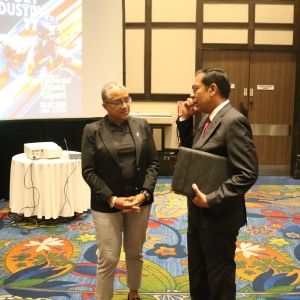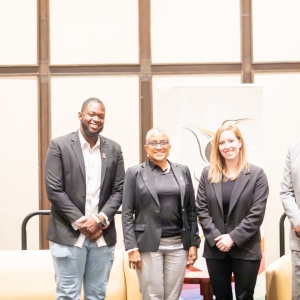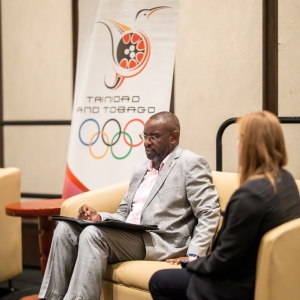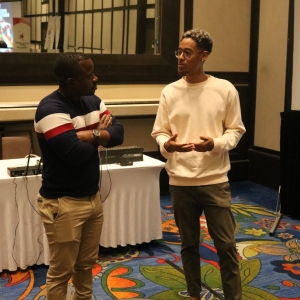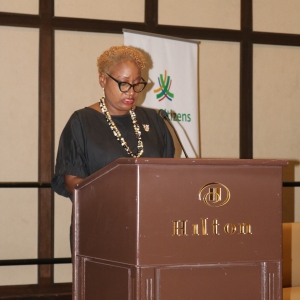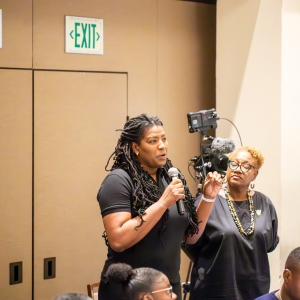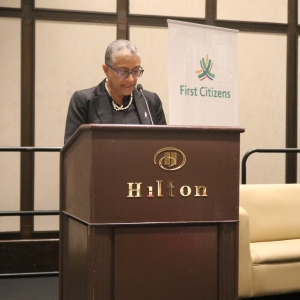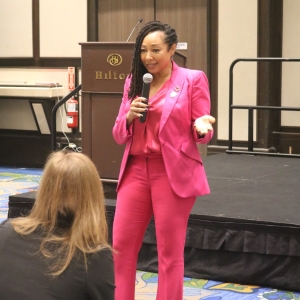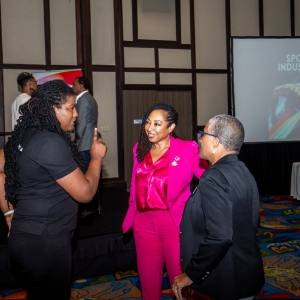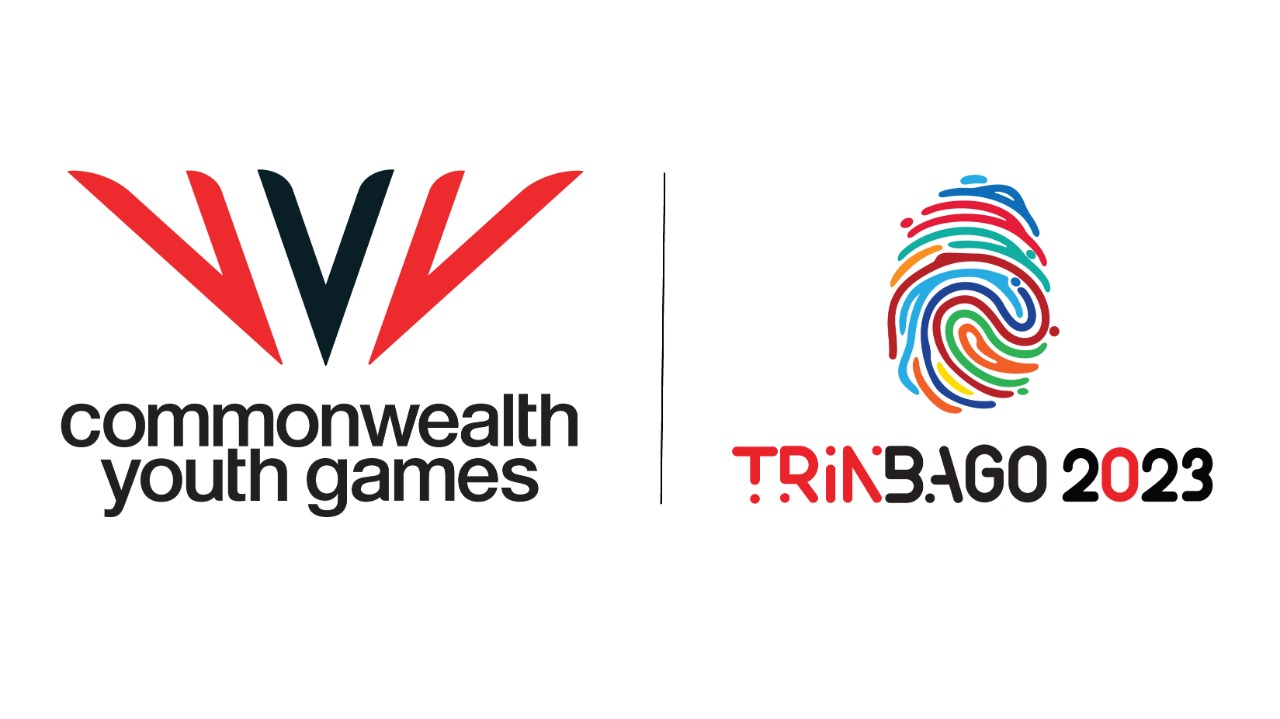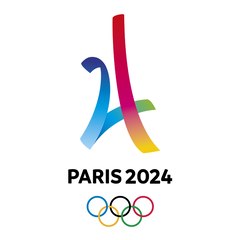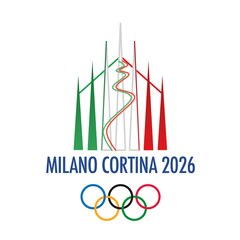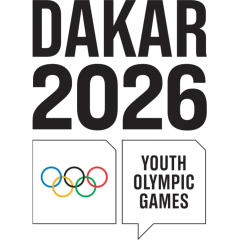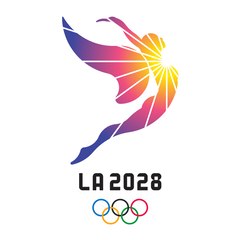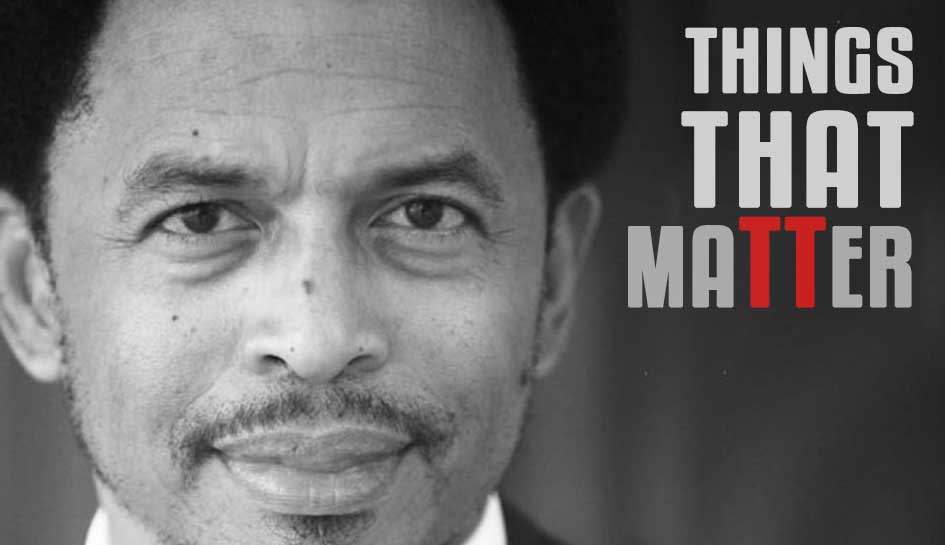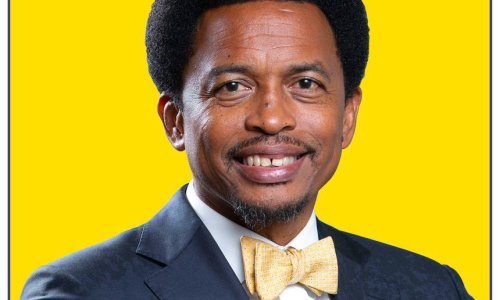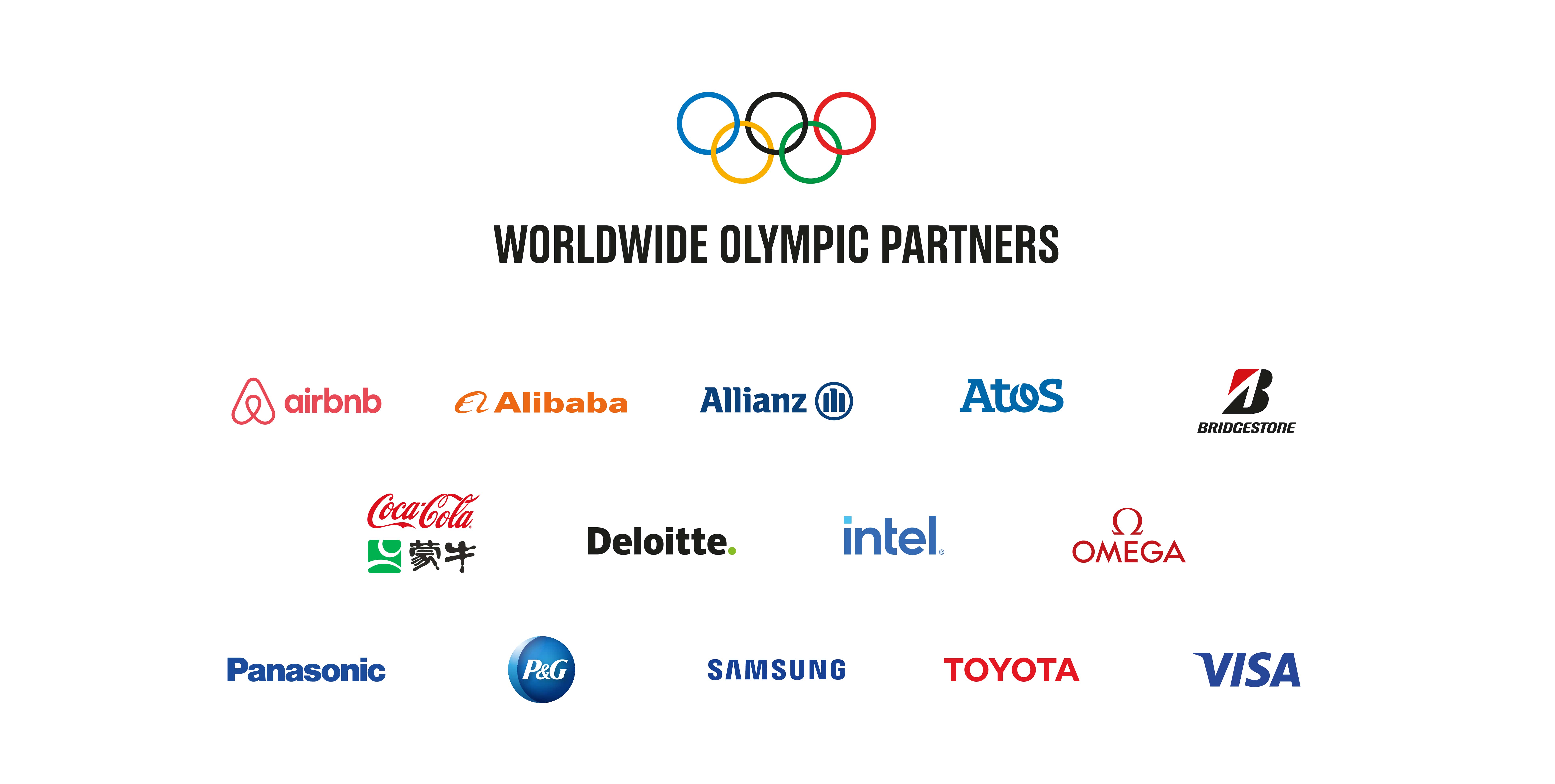Let's be clear: this week's report on governance in Winter Olympic sports indicates some modest improvement over the past year in overall standards in the seven Winter Olympic sports federations.
The exercise is also useful from a benchmarking standpoint - though it would be more so if the results were not anonymised.
But, but, but…the scores disclosed would have to move an awful lot higher before governance across the sector could be considered remotely adequate.
The federations each answered 50 questions, with responses reviewed and graded on a scale between 0 and 4, giving a theoretical maximum score of 200.
No fewer than three of the seven bodies scored below 100, according to the 33-page report which can be read here.
A further three fell into the 100 to 125-mark bracket.
Only one – and the International Ski Federation has just unmasked itself as the federation in question - mustered the sort of score, 150, that one might hope to see across-the-board if strong governance were universally applied.
To give you an idea of topics on which replies seemed particularly disappointing:
• Information about financial benefits of officials and senior executives was said to be "lacking in most cases"; the mean score on this was just 1.14.
• Given the frequency of usage of the L-word - legacy - in the Olympic bubble in recent times, it seems remarkable that the same mean score of 1.14 was registered for "legacy programmes to assist communities in which events are hosted".
• Even something as basic as observing open tenders for major commercial and procurement contracts scored as low as 1.29 out of 4.
• Meanwhile, readers with some familiarity with the sector will be profoundly unsurprised to note that "term limits for elected officials" clocked up a mean score of just 0.57.
• Finally, one of my personal bugbears, still fewer than half of Olympic Winter sports federations – three - were said to have published full audited accounts, though this was at least up from two the previous year.
The thing is, while "governance" is about as far as you can get from a sexy word - even, I suspect, among insidethegames' discerning readership - this is not just some arcane number-crunching exercise undertaken by those of us who should get a life; it really matters.
Why? Well, as no less a figure than International Olympic Committee (IOC) President Thomas Bach explained at length - with reference to philosopher Immanuel Kant - in a keynote address to the last Olympic Congress in 2009, it is important that sport be able to regulate its own sport-specific affairs under its own responsibility and in accordance with general laws.
(Bach, you may recall, was deprived of an opportunity to defend an Olympic fencing title by Cold War politics.)
If sport is to be granted this brand of autonomy, however, then it seems clear to me that good governance needs to be part of the quid pro quo.
Self-regulation must be rigorous, universal and must eschew undue leniency to those in power.
The quality of governance and pace of progress suggested by this week’s report leave me questioning the extent to which the will to lift standards swiftly to the sort of level that ought to prevail truly exists in international sport's upper echelons.
It seems to me, after all, that the IOC could exert powerful leverage to get the job done much more quickly and effectively should it choose to do so.
How? Well, Lausanne provides financial support to Olympic sports federations in the wake of each edition of the Olympic Games: Vancouver 2010 produced a distribution to federations of $209 million (£162 million/€180 million), Sochi 2014 of $199 million (£154 million/€172 million).
When you consider that, according to the new report, three of the seven Winter Olympic sport federations earned less than CHF8 million (£6.3 million/$8 million/€7 million) in annual revenue on average between 2012 and 2015, and that none earned more than CHF50 million (£40 million/$51 million/€44 million), those IOC contributions make up a tidy slice of the overall winter sports income pie.
If the IOC were to use part of this income stream to incentivise good governance and penalise bad, my thought is that things would improve pretty rapidly.
Of course, even under those circumstances, some issues would take longer to address satisfactorily than others.
But over the span of a full Olympic cycle, I think the improvement would be a) dramatic and b) highly beneficial.

